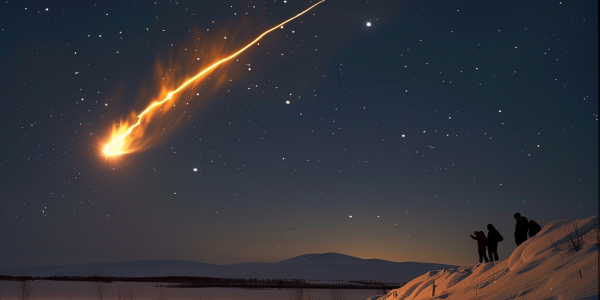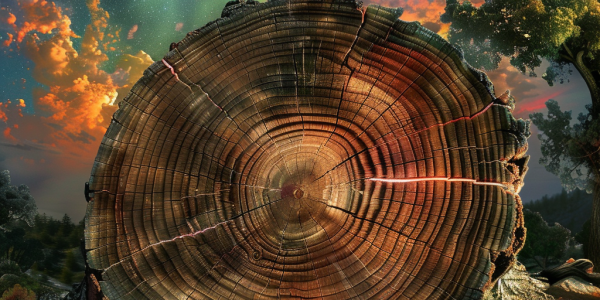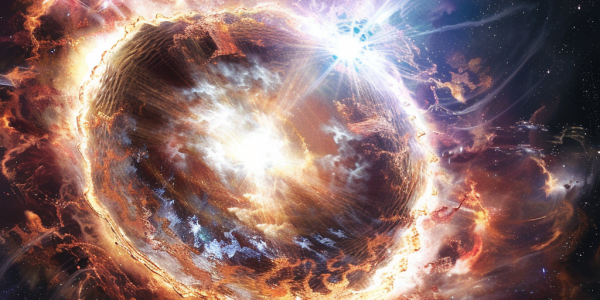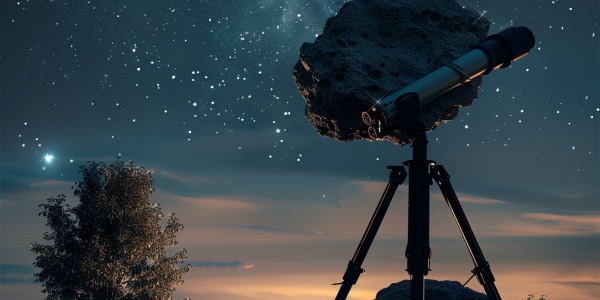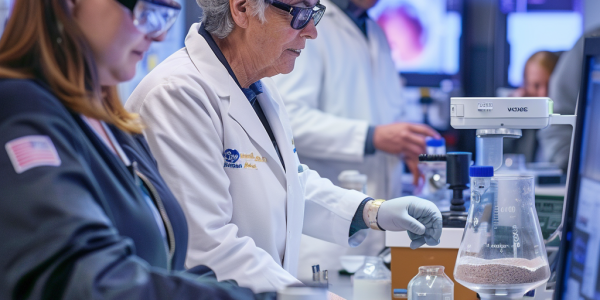Dramatic Fireball from Small Asteroid Lights Up Russian Sky
A small asteroid created a spectacular fireball over Russia’s Sakha region early Wednesday, captivating residents and highlighting the importance of astronomical monitoring. The European Space Agency detected the asteroid 12 hours before its entry, ensuring no damage or injuries occurred. This event underscores the significance of studying near-Earth objects and planetary defense as public interest in space exploration grows.
Nightdive Studios Announces Release Date for The Thing Remastered
Nightdive Studios has officially announced the release date for the highly anticipated remaster of The Thing, set to launch on December 5, 2024. This remaster promises enhanced graphics and refined gameplay while retaining the chilling atmosphere of the original 2002 survival horror game. Fans of the genre can look forward to a modernized experience that builds on the cult classic inspired by John Carpenter’s iconic film.
Earth Temporarily Acquires Second Moon: Asteroid 2024 PT5
Scientists have confirmed that Earth has temporarily acquired a second moon, an asteroid named 2024 PT5, measuring 11 meters in diameter. Discovered by astronomers from the Complutense University of Madrid, this mini-moon entered Earth’s gravitational influence on September 29, 2024, and will exit on November 25, 2024. This unique event offers a rare opportunity for researchers to study the interactions between small celestial bodies and Earth, enhancing our understanding of asteroid dynamics and potential planetary defense strategies.
Astronaut Captures Stunning ‘Space Fireflies’ Amid Satellite Concerns
Nasa astronaut Don Pettit captures stunning images from the International Space Station, showcasing the phenomenon of ‘space fireflies’—flashes of sunlight from SpaceX’s Starlink satellites. As SpaceX launches over 6,700 satellites to provide global internet access, concerns grow among astronomers about their impact on celestial observations. The balance between technological advancement and scientific integrity is crucial as discussions on mitigating satellite glare continue.
Ancient Solar Superstorm Discovered Through Tree Ring Analysis
Researchers have discovered a solar superstorm from 664 BCE, revealed through ancient tree rings showing a spike in carbon-14 levels. This significant event, witnessed by the Assyrians, highlights the potential impacts of such storms on modern technology. Published in Communications Earth & Environment, the study emphasizes the importance of understanding solar activity to prepare for future solar events and protect our infrastructure.
New Insights into FU Orionis: A Young Star’s Extreme Conditions and Planet Formation Challenges
A groundbreaking study using Hubble Space Telescope data reveals that FU Orionis, a young star 1,360 light-years away, exhibits extreme temperatures of approximately 16,000 Kelvin. This discovery raises critical questions about rocky planet formation in such harsh conditions. Researchers highlight the star’s rapidly spinning accretion disk, which creates intense heat and instability, complicating the development of Earth-like planets. These findings not only enhance our understanding of stellar evolution but also illuminate the intricate processes governing planet formation in the universe.
Understanding Axonal Morphology and Its Impact on Neuronal Function
In the digital age, understanding cookie consent and privacy is essential for online users. This article explores the importance of managing cookie preferences and highlights a recent study on axonal morphology, revealing how membrane mechanics influence the structure and function of unmyelinated axons in the nervous system.
Asteroid 2020 XR to Make Historic Close Approach to Earth on December 4, 2023
On December 4, 2023, asteroid 2020 XR will make its closest approach to Earth, passing within 1.37 million miles. This massive asteroid, comparable to a football stadium and traveling at 27,500 mph, offers a unique opportunity for astronomy enthusiasts to observe a potentially hazardous near-Earth object. Live coverage will be available from the Virtual Telescope Project, and observers can use telescopes to witness this historic flyby. Stay updated for this exciting celestial event!
Breakthrough Study Reveals Molecular Mechanisms of Gene Expression
An international team of researchers has made significant advancements in understanding gene expression mechanisms, crucial for protein synthesis. This groundbreaking study, published in the journal Science, uses advanced microscopy to reveal how ribosomes interact with mRNA, shedding light on molecular biology’s complexities. The findings have far-reaching implications for biotechnology and medicine, paving the way for new therapeutic strategies.
University of Minnesota Advances Lunar Exploration with Innovative Biorepository Project
The University of Minnesota is advancing lunar exploration with its innovative biorepository project, designed to preserve biological samples from the Moon. This initiative aims to enhance our understanding of the Moon’s environment and its potential for supporting life, paving the way for future missions and human colonization. By collaborating with various space organizations and emphasizing interdisciplinary research, the university is positioning itself as a leader in space science, ensuring that its findings will inspire the next generation of scientists and space enthusiasts.

